Communities and families are mourning the loss of five young Aboriginal girls who took their own lives in separate incidents in Western Australia, Townsville and Adelaide this year.
In early January, a 15-year old girl from Western Australia died two-days after self-harming on a visit to Townsville.
Last Sunday, a 12-year old girl died in the Pilbara mining town of Port Hedland, followed by a 14-year old girl in the East Kimberley community of Warmun last Monday.
Another was a 15-year-old Noongar girl from Perth who died last Thursday and a fifth was a 12-year-old girl from a town near Adelaide who died last Friday.
Another 12-year-old boy is reportedly on life support at a hospital in Brisbane after what is suspected to be an attempted suicide. He was flown from Roma to Brisbane yesterday, The Australian reports.
The Director of Suicide Prevention Australia, Vanessa Lee, is calling on the federal government to support an Aboriginal and Torres Strait Islander suicide prevention strategy tailored specifically to meet the needs of Indigenous people.
“When are we going to see change… when are we going to see a national Indigenous suicide prevention strategy supported by the COAG, delivering for Aboriginal and Torres Strait Islander people by Aboriginal and Torres Strait Islander people,” Ms Lee said.
“We need to remember that Indigenous people know the solutions. We know the answers. We didn’t write the Redfern Statement for a joke… funding needs to be put into Indigenous organisations, into Indigenous hands.”
National coordinator for the National Child Sexual Abuse Trauma Recovery Project, Gerry Georgatos, told NITV News the recently reported suicides have weighed heavily on the affected families and communities.
“These incidences… have impacted –psycho-socially– the family. Hurt them to the bone. There are no words for anyone’s loss,” he said.
“To lose a child impacts ways that no other loss does, and to lose a child is a haunting experience straight from the beginning and doesn’t go away.”
South-western Noongar woman, Grace Cockie, lost her 16-year old daughter to suicide last March in their home in Perth.
“It was a devastating experience, I don’t ever want to go through that again and I don’t want no one else to go through that,” Ms Cockie told NITV News.
“She went to school every day. She loved going to school, hanging out with her friends, playing football with her Aunties.
“Part of us is gone… No one is going to replace her,” she said.
Ms Cockie wants other parents to encourage their children to speak-out if they feel unwell and said there needs to be more mental health initiatives which offer culturally supportive help for Aboriginal youth.
“Keep an eye on them and talk to them all the time,” she said.
“There’s a lot of avenues for whitefella kids, you know, and with our Aboriginal kids they’re probably too scared… they probably think they (mental health workers) won’t help them,” she said.
The Kimberley region faces alarming suicide rates
The deaths come as WA waits on a final report from an inquest into 13 Indigenous youth suicides in the Kimberley region from 2012 to 2016.
The Kimberley region has the highest Indigenous suicide rates in Australia – not just for Aboriginal youth, but for the entire Aboriginal and Torres Strait Islander population.
The inquest by state coroner Ros Fogliani is expected to table findings early this year.
The Australian Bureau of Statistics found last month that Indigenous children aged between five and 17 died from suicide-related deaths at five times the rate of non-Indigenous children.
This rate was 10.1 deaths by suicide per 100,000 between 2013 and 2017, compared with 2 deaths by suicide per 100,000 for non-Indigenous children.
One in four people who took their own life before turning 18 were Aboriginal children.
Mr Georgatos said nine out of 10 suicides in the Kimberley region have involved Aboriginal and Torres Strait Islander people.
A senate inquiry in December found that not only are services lacking in remote and rural areas of Australia, but culturally appropriate services were often not accessible.
The inquiry found that the lack of culturally supportive services is leaving Aboriginal and Torres Strait Islander people accessing mental health services at a far lower rate than non-Indigenous people.
– Brooke Fryer, NITV News
Read more: Indigenous Youth Suicide at Crisis Point


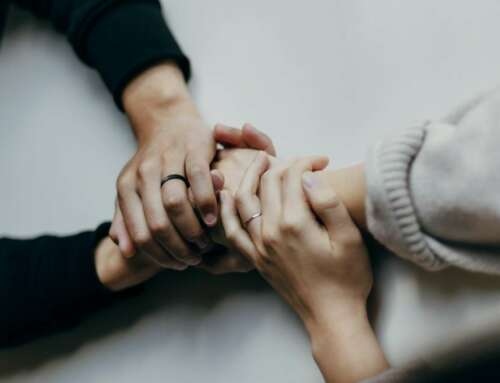
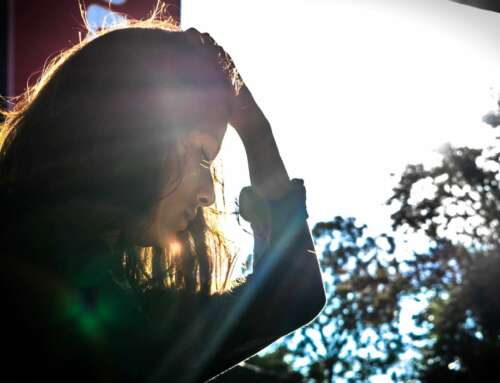
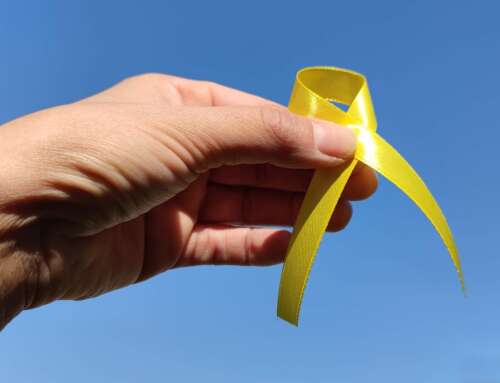
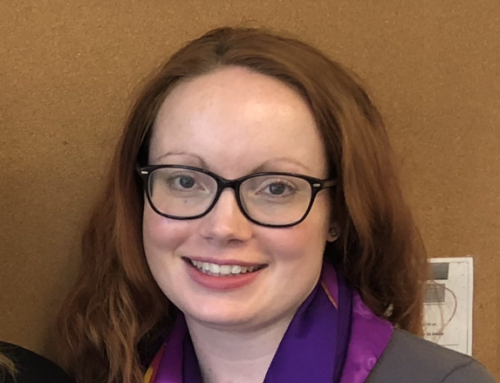
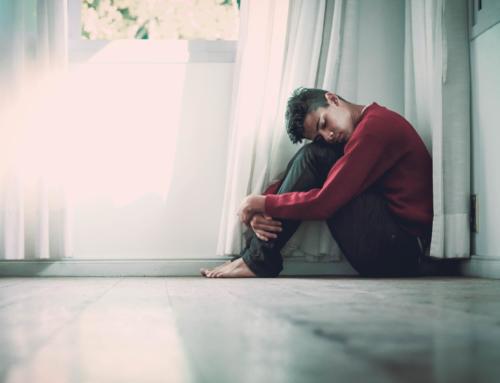
Leave A Comment